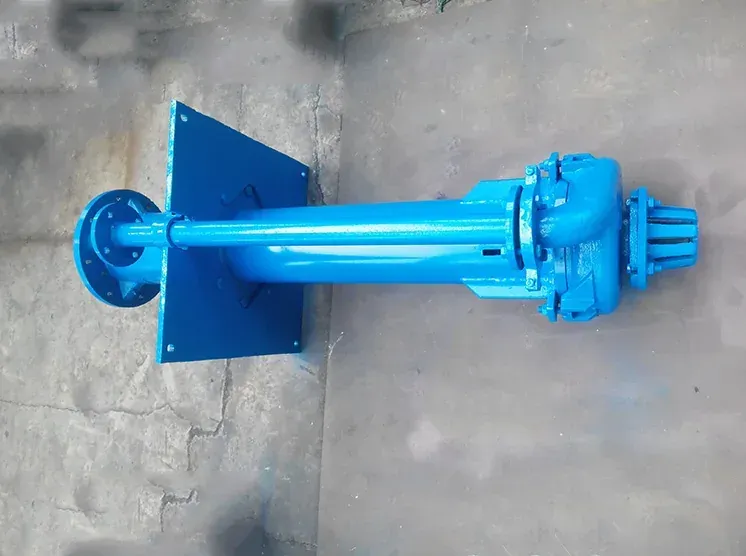Sindhi
- Afrikaans
- Albanian
- Amharic
- Arabic
- Armenian
- Azerbaijani
- Basque
- Belarusian
- Bengali
- Bosnian
- Bulgarian
- Catalan
- Cebuano
- Corsican
- Croatian
- Czech
- Danish
- Dutch
- English
- Esperanto
- Estonian
- Finnish
- French
- Frisian
- Galician
- Georgian
- German
- Greek
- Gujarati
- Haitian Creole
- hausa
- hawaiian
- Hebrew
- Hindi
- Miao
- Hungarian
- Icelandic
- igbo
- Indonesian
- irish
- Italian
- Japanese
- Javanese
- Kannada
- kazakh
- Khmer
- Rwandese
- Korean
- Kurdish
- Kyrgyz
- Lao
- Latin
- Latvian
- Lithuanian
- Luxembourgish
- Macedonian
- Malgashi
- Malay
- Malayalam
- Maltese
- Maori
- Marathi
- Mongolian
- Myanmar
- Nepali
- Norwegian
- Norwegian
- Occitan
- Pashto
- Persian
- Polish
- Portuguese
- Punjabi
- Romanian
- Russian
- Samoan
- Scottish Gaelic
- Serbian
- Sesotho
- Shona
- Sindhi
- Sinhala
- Slovak
- Slovenian
- Somali
- Spanish
- Sundanese
- Swahili
- Swedish
- Tagalog
- Tajik
- Tamil
- Tatar
- Telugu
- Thai
- Turkish
- Turkmen
- Ukrainian
- Urdu
- Uighur
- Uzbek
- Vietnamese
- Welsh
- Bantu
- Yiddish
- Yoruba
- Zulu
Telephone: +86 13120555503
Email: frank@cypump.com
Nov . 07, 2024 08:56 Back to list
Efficient Solutions for Slurry Pump Production with Advanced Front Line Technologies
The Importance of Front Liners in Slurry Pump Manufacturing
In the intricate world of manufacturing, particularly within heavy industries such as mining, construction, and wastewater management, the equipment used must be reliable, durable, and efficient. Slurry pumps play a vital role in these sectors, transporting mixtures of liquid and solid materials through pipelines. As such, the importance of front liners in slurry pump factories cannot be overstated. These professionals are instrumental in ensuring that the manufacturing process runs smoothly and produces high-quality products that meet the rigorous demands of various applications.
Understanding the Role of Front Liners
Front liners in slurry pump factories encompass a range of positions, including assemblers, quality control inspectors, and maintenance technicians. Each role is crucial in a seamless production line, contributing to the overall efficiency and productivity of the factory. These employees are often the first line of defense against manufacturing defects and operational inefficiencies, making their presence invaluable.
Assemblers are responsible for bringing together the various components of the slurry pumps, such as impellers, casings, and shafts. This task requires precision and an understanding of the technical specifications of each part. An assembler must ensure that every piece fits together perfectly, as any misalignment could lead to significant operational issues when the pump is put to use.
Quality control inspectors play an equally important role. They monitor the production process and conduct testing on the finished products to ensure they meet safety and performance standards. Their keen eye for detail helps identify defects or inconsistencies that could lead to pump failures in harsh operating conditions. By implementing strict quality checks, they contribute to the reliability and longevity of the pumps produced.
Maintenance technicians keep the machinery in optimal working condition, performing regular checks and repairs as needed. Their expertise prevents production downtime and ensures that the factory's equipment operates at peak efficiency. Without their skills, the risk of unexpected breakdowns increases, potentially causing delays in production and lost revenue.
front liner for slurry pump factory

Training and Skills Required
Front liners must possess a combination of technical skills and practical experience. Training often involves a blend of classroom instruction and hands-on experience to familiarize workers with pump design, materials used, and assembly techniques. Understanding the specific requirements of slurry pumps, such as resistance to abrasion and corrosion, is critical for ensuring high-quality production.
Moreover, effective communication skills are essential, as front liners often collaborate with engineers, managers, and other staff members to troubleshoot issues and improve processes. A well-coordinated team that can share information and solve problems collectively will enhance the overall efficiency of the manufacturing operation.
The Impact of Technology
As technology continues to advance, the role of front liners in slurry pump factories evolves. Automation and smart manufacturing processes have made some aspects of production more efficient, but the need for skilled human oversight remains. Front liners must adapt to new technologies, ensuring they can work alongside automated systems effectively. For instance, understanding how to interpret data from sensors that monitor pump performance can provide valuable insights into potential issues before they escalate.
Conclusion
In conclusion, front liners in slurry pump factories are critical to the success of the manufacturing process. Their expertise in assembly, quality control, and maintenance ensures that slurry pumps are produced efficiently and to the highest standards. As industries continue to demand more from their equipment, the importance of well-trained and dedicated front liners will only grow. Investing in their training and development is paramount for manufacturers looking to maintain a competitive edge in an increasingly demanding market. By recognizing the essential role these professionals play, companies can work towards cultivating a skilled workforce capable of meeting the challenges of the future.
-
Custom Drilling Mud and Slurry Pump Supplier - High Efficiency, Tailored Solutions
NewsJun.10,2025
-
Supply Vertical Submersible Sewage Pump High-Efficiency WQ/QW Pumps Supplier
NewsJun.10,2025
-
Premium Sewage Ejection System & Pumps Efficient Waste Removal
NewsJun.09,2025
-
Premium Wholesale Slurry Pump Impellers Durable & Efficient Slurry Handling
NewsJun.09,2025
-
Top Sewage Pump Companies Durable Industrial Solutions for Efficiency
NewsJun.09,2025
-
Heavy Duty Slurry Pumps - OEM High Performance & Bulk Wholesale
NewsJun.09,2025










